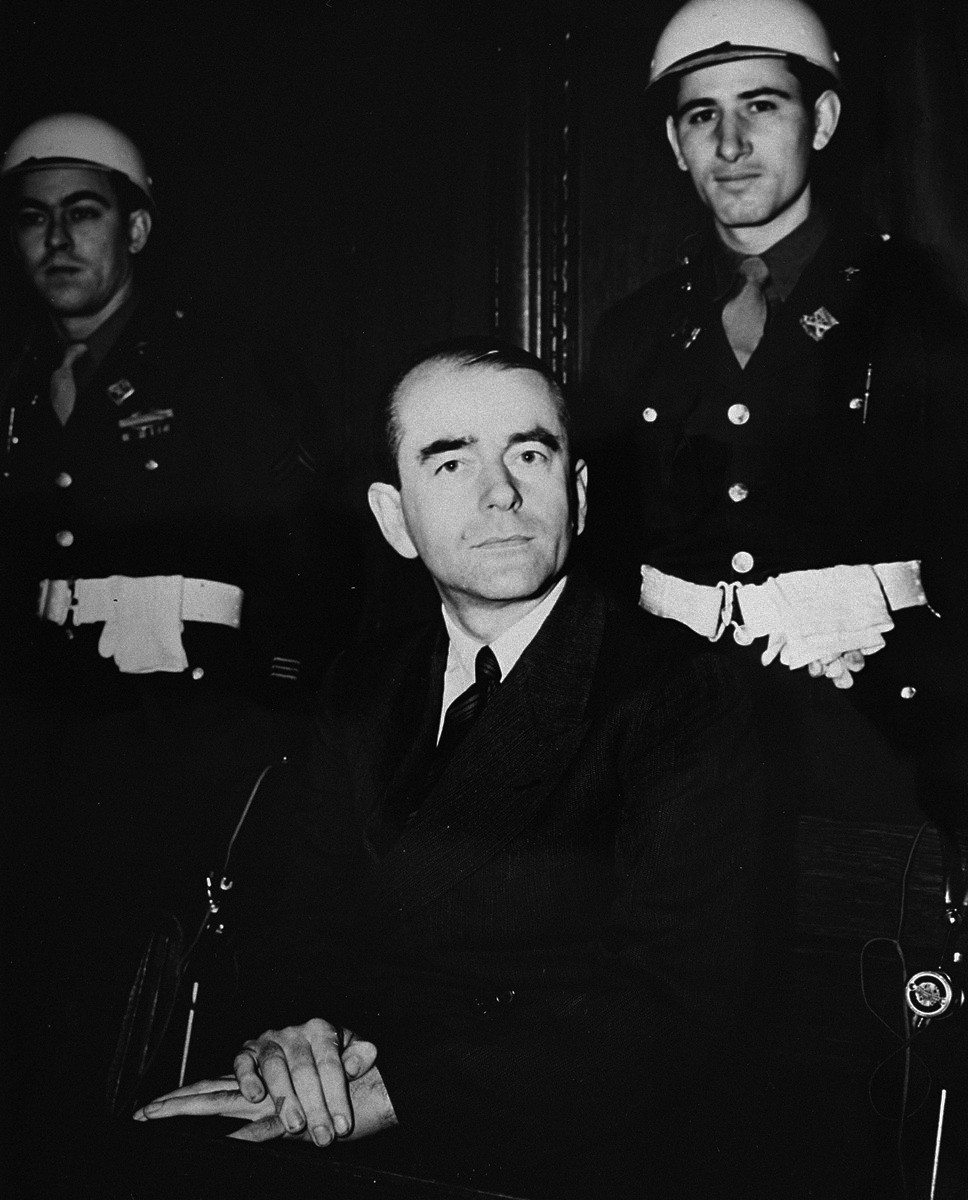In every chapter of Like Water for Chocolate Tita describes different Mexican recipes that she weaves into her story. She goes back and forth between talking about her life and descriptions of how to make food, such as a Chabela Wedding Cake and Christmas Rolls. Her descriptions of the recipes seem to be very random and uninteresting because at first I did not understand what they had to do with the novel. As I read on, I discovered that each recipe has a huge significance to Tita’s story. Because cooking is such a huge part of Tita’s life, it makes sense that she would incorporate her recipes into her story.
 I did some research online to see what other people say about the incorporation of recipes within the novel, and I found out that many people enjoyed the recipes. Erica Bauermeister states, “Like Water For Chocolate is a deceptively simple book - a love story set in Mexico, interspersed with recipes, related in unadorned, uncomplicated language. Yet when the ingredients are combined and simmer, subtle and unusual flavors emerge.” She doesn’t go into much detail about the recipes, but it is clear that she enjoyed them, as well as Shonneky Langham who states, “At the beginning of each chapter there is a recipe that corresponds to some pivotal event in the story. I know it sounds cheesy but it really works well for the pace of the book. These recipes only add an element of intimacy to the novel. The way to a man's heart in this story is, literally and figuratively, through his stomach.” Like both of these critics, I believe that the recipes eventually added to the story, but I didn’t catch on so quickly.
I did some research online to see what other people say about the incorporation of recipes within the novel, and I found out that many people enjoyed the recipes. Erica Bauermeister states, “Like Water For Chocolate is a deceptively simple book - a love story set in Mexico, interspersed with recipes, related in unadorned, uncomplicated language. Yet when the ingredients are combined and simmer, subtle and unusual flavors emerge.” She doesn’t go into much detail about the recipes, but it is clear that she enjoyed them, as well as Shonneky Langham who states, “At the beginning of each chapter there is a recipe that corresponds to some pivotal event in the story. I know it sounds cheesy but it really works well for the pace of the book. These recipes only add an element of intimacy to the novel. The way to a man's heart in this story is, literally and figuratively, through his stomach.” Like both of these critics, I believe that the recipes eventually added to the story, but I didn’t catch on so quickly.
 I did some research online to see what other people say about the incorporation of recipes within the novel, and I found out that many people enjoyed the recipes. Erica Bauermeister states, “Like Water For Chocolate is a deceptively simple book - a love story set in Mexico, interspersed with recipes, related in unadorned, uncomplicated language. Yet when the ingredients are combined and simmer, subtle and unusual flavors emerge.” She doesn’t go into much detail about the recipes, but it is clear that she enjoyed them, as well as Shonneky Langham who states, “At the beginning of each chapter there is a recipe that corresponds to some pivotal event in the story. I know it sounds cheesy but it really works well for the pace of the book. These recipes only add an element of intimacy to the novel. The way to a man's heart in this story is, literally and figuratively, through his stomach.” Like both of these critics, I believe that the recipes eventually added to the story, but I didn’t catch on so quickly.
I did some research online to see what other people say about the incorporation of recipes within the novel, and I found out that many people enjoyed the recipes. Erica Bauermeister states, “Like Water For Chocolate is a deceptively simple book - a love story set in Mexico, interspersed with recipes, related in unadorned, uncomplicated language. Yet when the ingredients are combined and simmer, subtle and unusual flavors emerge.” She doesn’t go into much detail about the recipes, but it is clear that she enjoyed them, as well as Shonneky Langham who states, “At the beginning of each chapter there is a recipe that corresponds to some pivotal event in the story. I know it sounds cheesy but it really works well for the pace of the book. These recipes only add an element of intimacy to the novel. The way to a man's heart in this story is, literally and figuratively, through his stomach.” Like both of these critics, I believe that the recipes eventually added to the story, but I didn’t catch on so quickly.



